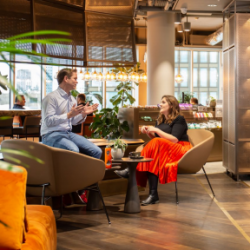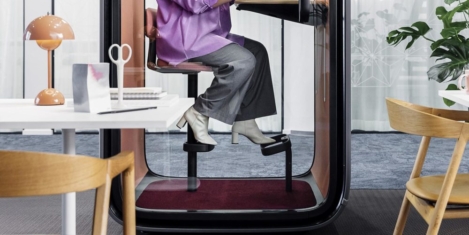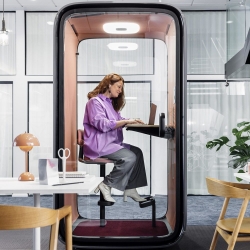August 31, 2022
Half of employers support extension of statutory paternity rights
 New data from the CIPD suggests that almost half of organisations support extending statutory paternity/partner leave and pay, with 29 percent of those backing an extension to either six weeks or more. In response, the CIPD is urging the Government to increase statutory paternity/partner leave to six weeks, either at or near the full rate of pay, to help families balance caring responsibilities and provide more financial support for working parents. Currently, under statutory paternity leave, employees can choose to take either one or two consecutive weeks’ leave if they have been employed for at least 26 weeks. Statutory paternity pay for eligible employees is currently either £156.66 a week or 90 percent of their average weekly earnings, whichever is lower. (more…)
New data from the CIPD suggests that almost half of organisations support extending statutory paternity/partner leave and pay, with 29 percent of those backing an extension to either six weeks or more. In response, the CIPD is urging the Government to increase statutory paternity/partner leave to six weeks, either at or near the full rate of pay, to help families balance caring responsibilities and provide more financial support for working parents. Currently, under statutory paternity leave, employees can choose to take either one or two consecutive weeks’ leave if they have been employed for at least 26 weeks. Statutory paternity pay for eligible employees is currently either £156.66 a week or 90 percent of their average weekly earnings, whichever is lower. (more…)



































June 29, 2022
Workplace green flags to look out for
by Samantha Losey • Comment, Wellbeing